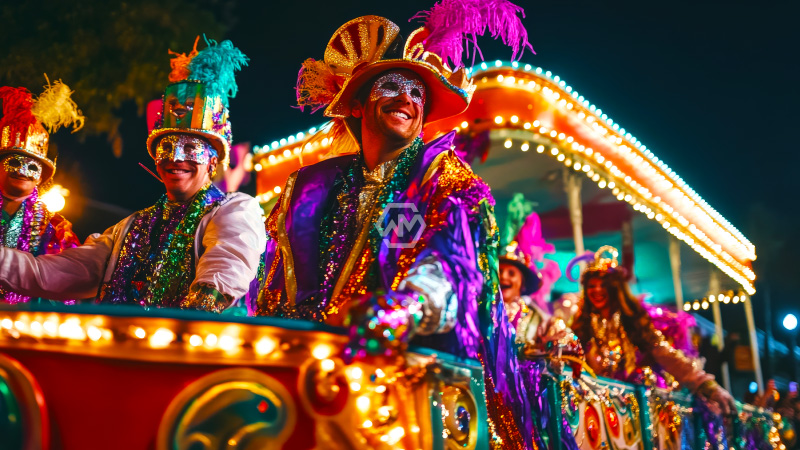- Notting Hill Carnival marks its 56th year, celebrating London‘s diversity.
- The event was founded in 1959 by Claudia Jones in response to racial riots.
- Recent far-right violence highlights the carnival’s message of unity and inclusion.
Notting Hill Carnival, a vibrant celebration of Caribbean culture, has become a significant symbol of unity in London.
Originating in 1959 as a response to racial tensions and riots, the carnival has evolved into one of the world‘s largest street festivals.
Notting Hill Carnival: Embracing Diversity and Defying Racism
The recent rise in far-right violence in England has made the carnival’s message of unity and inclusion more poignant than ever. Participants like Jocelyn Kuyaziwma, who traveled from Wales to join Mangrove Mas, emphasize the event’s role in fostering a sense of togetherness and celebrating diverse cultures. The carnival’s colorful costumes, lively music, and festive atmosphere showcase the contributions of Caribbean migrants and their descendants to British society.
This year’s celebrations come against a backdrop of increased far-right violence in England, underscoring the carnival’s role in advocating for unity and diversity. The event’s significance is highlighted by the participation of thousands of revelers, who come together to celebrate their shared heritage and promote a message of inclusivity. The festive atmosphere, with its lively music and colorful displays, reaffirms the carnival’s commitment to celebrating and embracing cultural differences.
The Notting Hill Carnival remains a vital celebration of cultural diversity and unity, especially in challenging times. Its continued success and relevance highlight the enduring need for inclusivity and the power of community in overcoming division.
“Everyone comes together (at the carnival). You see people from different countries just flocking together on the streets,” said Jocelyn Kuyaziwma.



